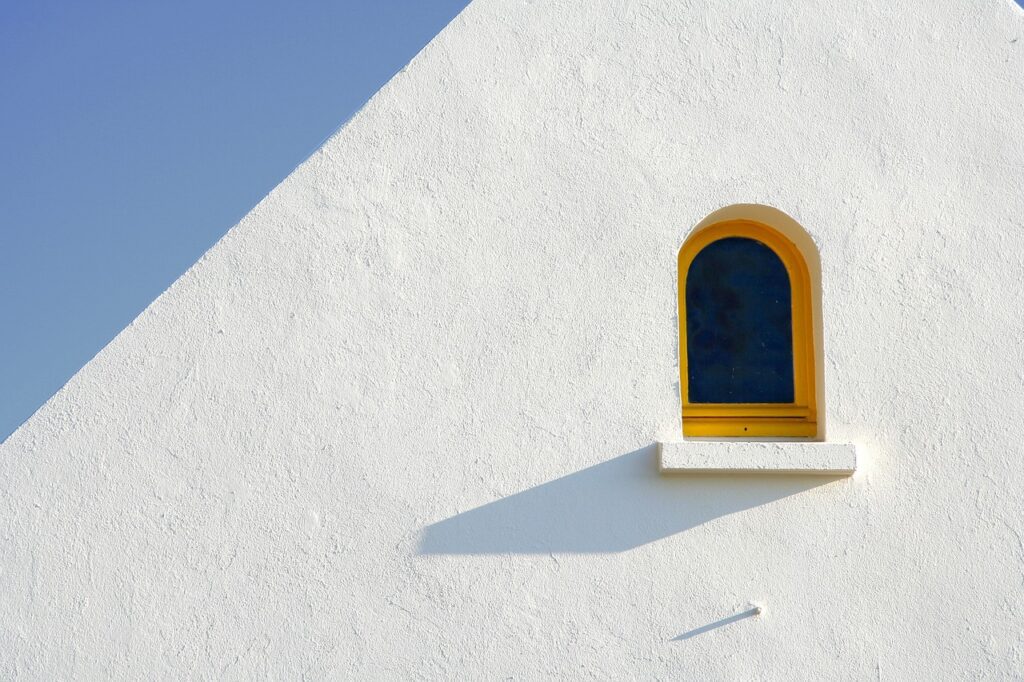
Less is More

I started my movement from more to less, when I moved across the world years ago. I am no hero when it comes to less stuff. But I am converted. My favorite part about less is more is that everything I do have is much more intentional.
For me I did not have much choice; shipping storage containers across the world is not cheap, I checked.
So instead I got rid of tons of stuff and tried out having less.
Now…
I have things that I love, and things that I use.
ZO
Looking Back at the Old Me and My Old Ways of Thinking…
I realize that I used to have a few unintentional (auto-pilot) habits.
-
I believed that more stuff was somehow better because more stuff meant that I would feel goo..
-
If I had more stuff I would have everything that I needed.
-
The act of accumulating stuff was ‘fun’.
In reality, I was in a habit of over-consuming and over-having, which resulted in a burden of stuff and led me to feeling no better in the long run.
How the Brain and Accumulating Stuff Works:
There is a short term dopamine rush to accumulating, (our brains are wired to hunt and gather). We are wired to feel good when we accumulate. This ‘good feeling’ motivated us to leave our cave and get fire wood, food, and supplies for the upcoming days or seasons.
But in our modern world of plenty, we can question this primal urge and instead transition to choosing with our prefrontal brain.
The prefrontal brain is the part of our brain that can see the bigger picture and make longer term decisions that are in our best interest.
Over-consumption is a habit fed by our primal brain (encouraged by advertising and culture) that life will be better with more stuff, but this way of thinking and acting is futile in that there is never a point where enough is enough.
Less is more work… in the short term.
Honestly, it takes more effort to be more choosey with what you accumulate, and it certainly takes a lot of effort to sort through your stuff and to decide what to let go of. It truly is initially a lot more effort, attention and time.
Question Your Objects
Zoom out- take a look. Question the objects in your life.
Do you like how you feel about your stuff and things?
Stuff costs you: time, energy, money and attention.
Why do You Want?
Most ‘things’ that we want in our life is because we think it will make us feel a certain way.
The real lasting good feelings come from inside, not from anything external. External ‘feel goods’ are fleeting.
ZO
The Road to Less:
If you want to reduce, then you need to know that the key to reducing begins with your thinking. In fact, every action in your life begins with your thinking.
This process may be simple but it is not easy. Looking at your own thoughts is a meta skill.
Everything we create (and accumulate) starts with a thought.
ZO
I recommend that you start talking to yourself, start asking…
“Do I LOVE it?”
“Am I going to use it for sure?”
If an object gets a “yes” to either of these questions then I say “YES”, otherwise I choose to pass.
Ps: If you are wanting to make health changes rooted in love, I have a new live 6 Step Course that teaches how to fall in love with healthy you. Click here to sign up for the free course.
